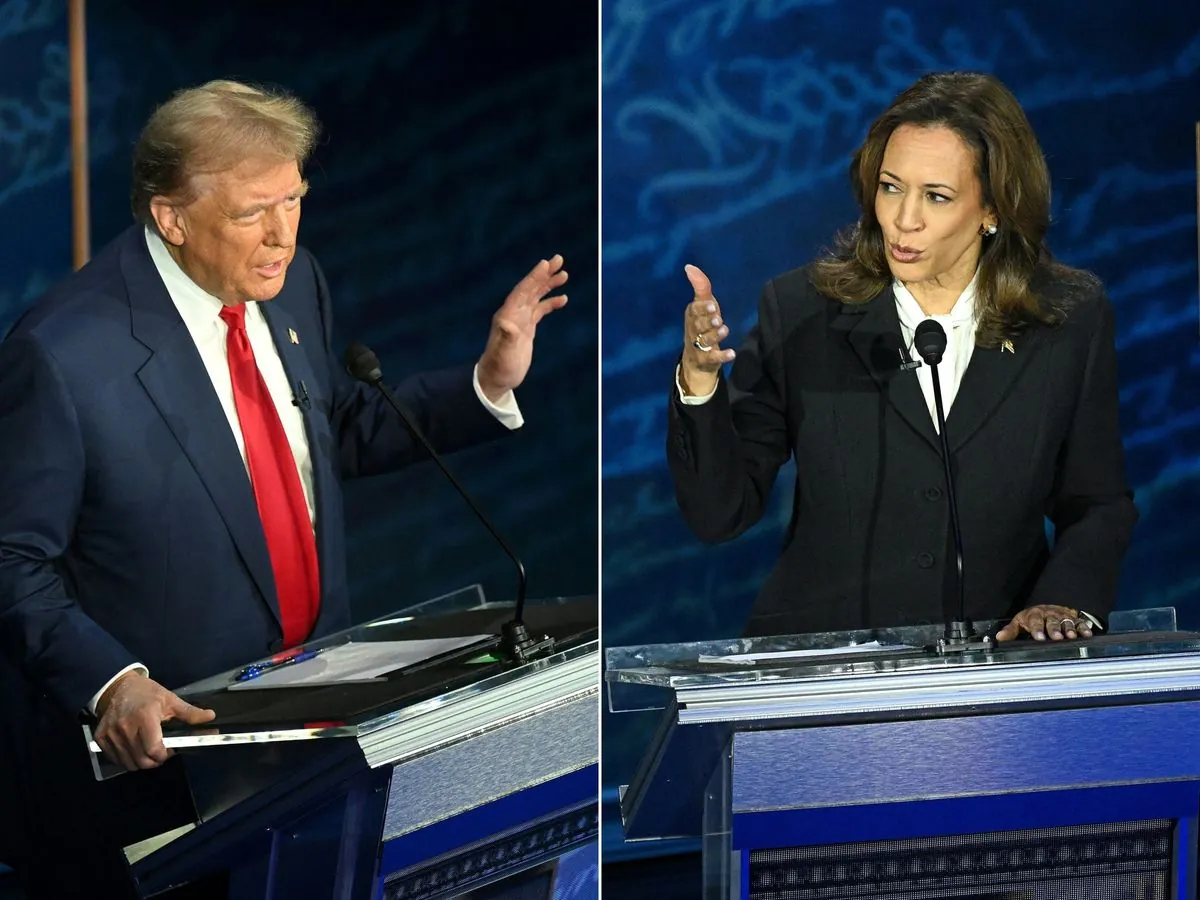In a surprising turn of events, the Teamsters union has opted not to endorse either Kamala Harris or Donald Trump in the upcoming US presidential election. This marks the first time since 1996 that the union, representing 1.3 million workers across North America, has withheld its endorsement.
The decision comes amidst a tightly contested race, with polls showing Harris and Trump in a virtual deadlock. Despite dramatic debates and security concerns, public opinion has remained remarkably stable, with neither candidate gaining a significant advantage.
The Teamsters' non-endorsement reflects a broader shift in American politics towards a union-friendly economic consensus. Both candidates are actively courting blue-collar workers with protectionist policies and promises of domestic job creation.
Trump's campaign emphasizes energy independence and manufacturing growth, appealing to many Teamster members. Meanwhile, Harris is expected to continue the Biden administration's approach of substantial government spending on infrastructure projects, which has historically benefited unionized workers.
This political landscape echoes trends seen in other countries, such as the UK, where Labour's recent announcements have favored unionized professions with significant pay increases. However, the lack of clear political division on union issues in the US represents a more substantial shift in party dynamics.
The Teamsters' indecision highlights the evolving "America First" economic agenda that now spans both major US parties. This development is particularly significant given the union's long history of political involvement and its past struggles with corruption and government oversight.
As the election approaches, both candidates will likely intensify their efforts to secure support from Teamsters and other blue-collar workers, especially in crucial swing states like Pennsylvania and Michigan. The outcome of these efforts could play a decisive role in determining the next occupant of the White House.
Regardless of the election result, it appears that unions are poised to maintain their influence in shaping US economic policy for the foreseeable future.
